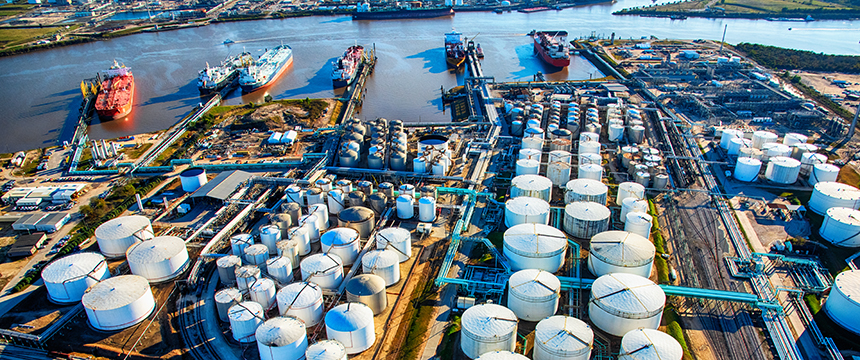Midstream, Downstream, Import/Export Permit-Holders Under Commercial Siege by Mexico’s Government
11 May 2021

On May 5, 2021, regardless of the clear warnings and recommendations by Mexico´s Antitrust Commission, amendments to the Hydrocarbons Law were published in the Federation’s Official Gazette. The referred amendments pose a clear siege to permit-holders by creating uncertainty and providing unmeasured authority to the Mexican government as follows:
- Conditions issuance and maintenance of current permits to evidence the storage capacity required by the Ministry of Energy (“ME”) under their storage policies (which do not require legislative approval and may be revised without the industry’s approval).
- Failure by the authority (ME and the Energy Regulatory Commission “CRE”) to respond an assignment of permit petition, now is to be deemed as a rejection of such request, as opposed to prior rules; hence removing incentives for the authority to resolve petitions in due time while imposing burdens on the applicants that decide to contest such denial without knowledge of the grounds and merits for such denial.
- Enables the ME and CRE to suspend permits without limit on the length of that suspension when in presence of imminent danger to: (i) national security; (ii) energy security; or (iii) to national economy, being that none of the former concepts are defined. Moreover, while a permit is suspended, the authority can take over management and operation either with the employees of the permit-holder or with a new operator, which can be Pemex or other governmental agency.
- The referred suspension can take place even if the permit holder is in compliance of its obligations and places the burden on the affected permit-holder to evidence to the relevant authority that the cause of such suspension has ceased.
Preventive Actions
- Vendors and customers of permit-holders, but more importantly, permit-holders should perform a due diligence of permit-holder’s current storage capacity under the ME’s storage policies.
- Even-though the hydrocarbons law permitted temporal governmental occupation of facilities, such causes were limited and subject to a maximum of 36 months (also questionable), hence, anything else that broadens such intervention powers should be reviewed under the scope of international treaties, as well as under the Constitutional Challenge (amparo) Law on a case-by-case basis (e.g., whether the investment was under NAFTA or under T-Mec for instance).
- It is worth noting that the federal courts have already recently granted injunctive relief in regards to this law, as well as in regards to other Presidential bills, as the one dealing with the power industry. Thus, there are no reasons to believe that such trend will change.
- Even though the authority can only construe the law for administrative purposes and do not limit what the courts or arbitral panels may resolve, it would be worth filing a formal request of what should be construed as imminent danger to energy security and national economy.
Author(s)
Related Insights
07 April 2025
Labor & Employment Law Perspectives
Appeals Court Says Disability Not Required in Order to Recover Back Pay for Violation of ADA’s Medical Inquiry and Examination Provisions
Most employers are aware that, under the Americans with Disabilities Act (ADA), disability-related inquiries and medical examinations of employees may only be required when such inquiries and examinations are “job-related and consistent with business necessity.”
07 April 2025
Labor & Employment Law Perspectives
Another Court Blocks DEI-Related Certification Requirement
On March 27, 2025, U.S. District Judge Matthew Kennelly of the United States District Court for the Northern District of Illinois issued a temporary restraining order prohibiting the Department of Labor (DOL) from enforcing certain provisions of Executive Orders 14173 (Ending Illegal Discrimination and Restoring Merit-Based Opportunity) and 14151 against Chicago Women in Trades, a domestic nonprofit that receives federal funding from the DOL.
07 April 2025
PharmaPatents
Jepson Claim Format Does Not Avoid Written Description Scrutiny
Current written description jurisprudence can make it difficult to obtain broad antibody patents, leading practitioners to explore alternative claiming strategies in an effort to bypass the limited scope afforded under the structure-function paradigm.


